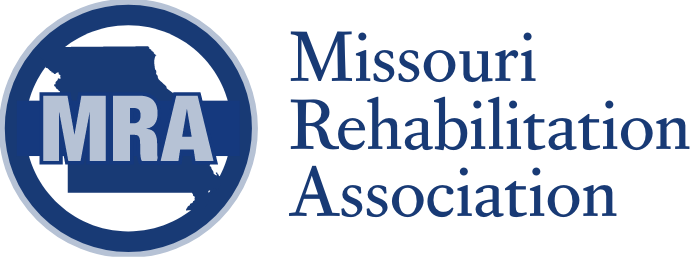In this section you will discuss the stages of career development and set action steps to progress in your career.
“The average person will have 12 jobs, working an average of 4.1 years at each job and 58% of people state they would take a pay cut in order to make a career change. ”
Congratulations! If you are reading this article, you are taking the additional steps to engage professionally in your career! Most likely you are recently employed, have completed curriculum (degree, courses, trainings, etc), and are looking for ways to continue to develop your skills. Or perhaps you have been in the field for some time and working with an individual who may be at a career plateau or looking to advance. In either case, when people are intentionally seeking avenues to develop, they are not only keeping their skills relevant but helping the profession to thrive. In this section we will discuss the impact professional engagement, motivation and career development has on well-being. We will first discuss the importance of career development.
Career Development
According to Zippia, the average person will have 12 jobs, working an average of 4.1 years at each job and 58% of people state they would take a pay cut in order to make a career change. While reasons are no doubt varied, it is reasonable to believe that as people grow and develop, their work values and personal ideals also change. Different employment opportunities are therefore necessary in order for an individual to remain engaged and fulfilled at work throughout a lifetime. To increase your likelihood of having a successful long-term career and of maximizing personal and vocational growth, it is essential to continually monitor your career development.
No matter where you may be in your life journey, chances are you have at some point thought about how you will make a living. Whether you are exploring career options, comfortably performing in your current position, reentering the workforce after an absence, or transitioning from an experienced professional into retirement, work adds to your definition of who you are. It is also important to note, this definition of work includes unpaid experiences like raising children, volunteering, and or taking care of other family members. When considering work choices, you most likely thought about what makes you happy and what opportunities might match well with your personality. In fact, many career theories use a similar approach. Successful career counselors can help individuals first identify their personality traits and second, hone in on careers that utilize those same characteristics.
According to Super (1990), individuals progress through predictable career phases that loosely correspond to age. However, a person can recycle through stages if their career progression gets interrupted or changes. Below is a table with the 5 career stages.
The intent of this section is not to describe each of the career stages but rather help individuals identify where they think they are in their career development and help them set and meet career tasks as a means to continue their personal and vocational growth. In general, people learn about the working world, explore career options, seek training and education, secure employment and career advancement, maintain and innovate skills, and transition out of the workforce.
Using a career development stage perspective can provide individuals with a road map to better understand where they are and transitions to be aware of in order to progress in their career development. In addition, being aware of career stages may also better help individuals adapt to chance events, disruptions in their career progress, and or plan for future opportunities.
Listen to the podcast for additional information on career development.
Exploration Activity
Now, think about your current employment.
o Would you characterize your job as entry level or a more advanced position? Are you still gaining experience in your chosen field or are you more established? Are you seeking out mentors or are you becoming a mentor to new professionals.
Would you say you are?
o Exploring career options or very new in your career
o Getting settled in your career
o Feeling confident and progressing in your career
o Established and getting ready to transition out of your career
Based on the above questions, identify your career stage.
Now that you have roughly identified a career stage, what would you say is most important in your development?
o Are you looking for advancement at your current employer?
o Is it time for a new job with a new employer?
o Are you looking to fine tune your skills?
o Is working with a mentee exciting or are you looking to use your creativity to increase your professional engagement?
o Are you satisfied with your current role and work responsibility?
Based on the above questions, create a goal to be more intentional about meeting your career goals and professional development.
o When developing your goal, be sure to select a goal that is energizing to your development and current position. The intent in setting goals is to help you progress in your career and to positively impact your well-being.
o Think about how your goal will solidify your career stage or help you reach your next stage.
Summary
In this first section, you were introduced to career stages and typical tasks to master as one progresses in their careers. A framework of questions was provided to help individuals develop career goals that also align with predictable career stages. The following section will examine the concept of professional engagement and how it can increase your personal and professional well-being.
The table summarizes Super’s stages of career development and provides characteristics of each stage.
-
Super, D. E. (1990). A life-span, life-space approach to career development. In D. Brown, L. Brooks, & Associates (Eds.), Career choice and development: Applying contemporary theories to practice (2nd ed., pp. 197-261). San Francisco: CA: Jossey-Bass.


